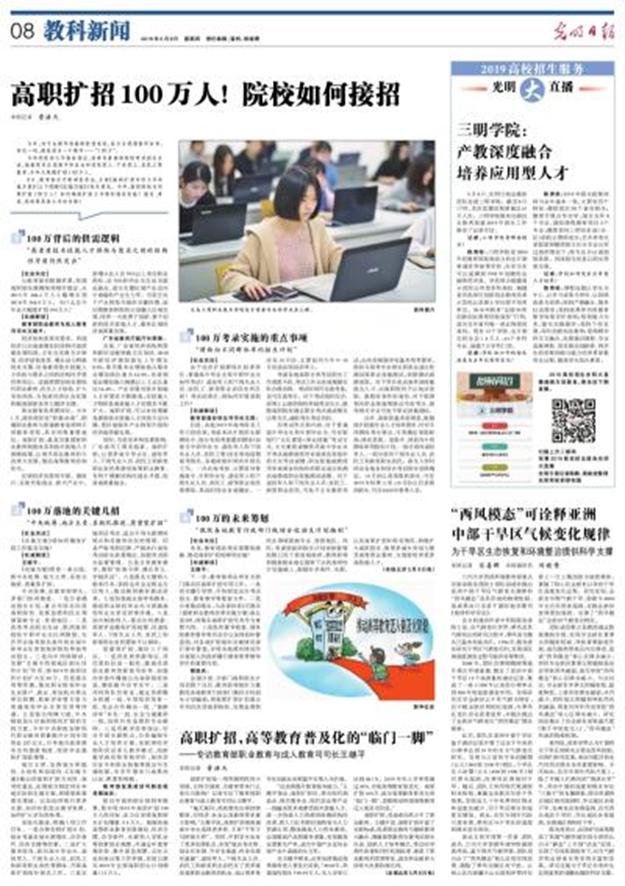The team led by academician Chen Fahu, Key Laboratory of Western China’s Environmental Systems (Ministry of Education), Lanzhou University, creatively put forward the 'westerlies-dominated climatic regime' (WDCR) of climatic variation law in arid central Asia and its physical mechanisms. The research results were recently published in the international journal of geoscience,Earth-Science Reviews.
According to Chen, the corresponding author of the paper, the studies of the monsoons and their climate effects started earlier, and there was basically a consensus about the monsoons change regime. In 1996, Chen found that the possible particularity of the humidity evolution process in this region. In 2008, the team carried out paleoenvironmental reconstruction research in Bosten lake and some other sites, synthesizing 12 high-quality lake sediments records in arid central Asia and a sequence of moisture evolution with a resolution of 200 years in the past 11,500 years. They found that the early Holocene was characterized by a dry climate, while the mid- and late Holocene was relatively humid, which was significantly different from the climate change in the monsoonal region, and hereby proposed the theoretical framework of the WDCR of Holocene climate change.
Since then, the team have been researching the WDCR. The team conducted hydrological and climate change researches in a resolution of 10 years based on lake sediments records in arid central Asia during the last millennium. After that, the team used modern observations and tree-ring records to reconstruct the Palmer Drought Severity Index (PDSI) over the past century and found that the changes of humidity and precipitation in monsoon area and arid area are opposite on the 100-decadal scale. In addition, the team divided the spatial range of the core area of the WDCR, eliminating the interference from the monsoon margin zone on the background of modern climate, and they reconstructed the process of moisture change in the core area of the Holocene to complement the WDCR. Lastly, Pro. Jin Liya, a member of the team, revealed the physical mechanisms of the WDCR on Holocene sub-orbital (variations over thousands of years) and centennial-to-decadal timescales by numerical simulation research.
Huang Wei, Joint first authors of this article, said that the research shows that water vapor from the Indian Ocean also has an important influence on the precipitation in northwest China, which is different from the previous standpoint. Not only that, there is an interesting phenomenon called 'three-poles' of humidity and precipitation in China, that is, when northwest China experiences a relatively wet climate, north China region is dry and southeast China is wet, when northwest China is dry, north China region may become wet, southeast area is relatively dry. Finally, Chen said the research results have promoted the understanding of spatial differentiation of climate and environment in China from 'static' to 'dynamic' and the paleoclimatology and global change science have been enriched and developed under the guidance of space thought. The research can also provide scientific support for ecological restoration and environmental management in the future.
(By correspondents Song Xiqun and Liu Xiaoqian)
(Guangming Daily, May 9, 2019, page 8 Education science news)
